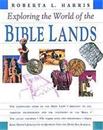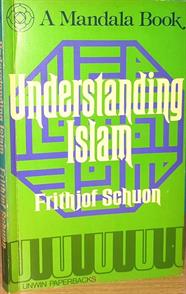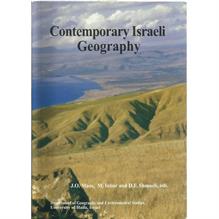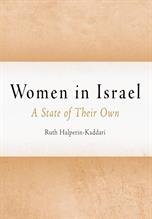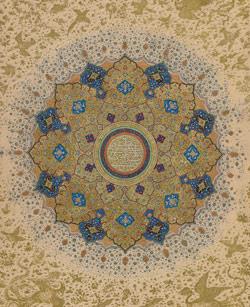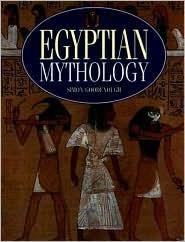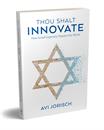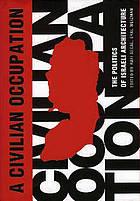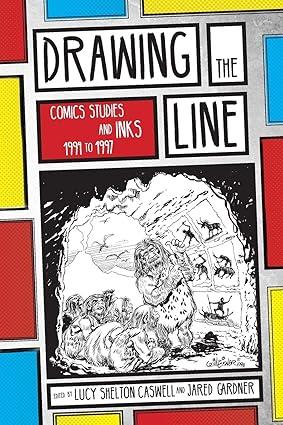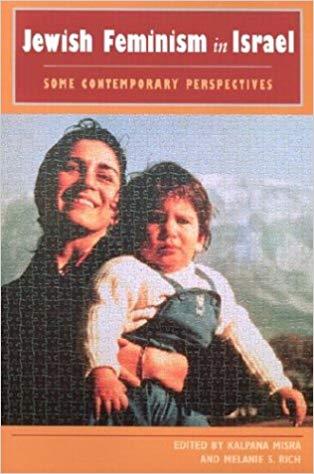

This volume brings together, for the first time, the voices of feminist theorists, public policy administrators, philosophers, sociologists, art critics, lawyers, and political and human rights activists on the topic of Jewish feminism in Israel. Essays range from broad discussions of Israeli feminism and women and religion in Israel to more specific examinations of gender (in)equality on the kibbutz, Mizrahi (non-Ashkenazi) feminism, Women in Black and other peace movements, domestic violence and its link to Israeli culture, and avant-garde feminist art. By addressing such a wide variety of issues, this volume highlights the complex and nuanced ways in which the interplay of religion, culture, social forces, political processes, and the state impacts the lives of women in contemporary Israeli society. The expansion of feminist consciousness as a response to politics, the militarization of nationalist ethos, and ethnic division ties the essays together. This theme enhances the volume's timeliness in the face of the current Intifadah in the Occupied Territories and the repression unleashed by Israeli security forces in response to it.


